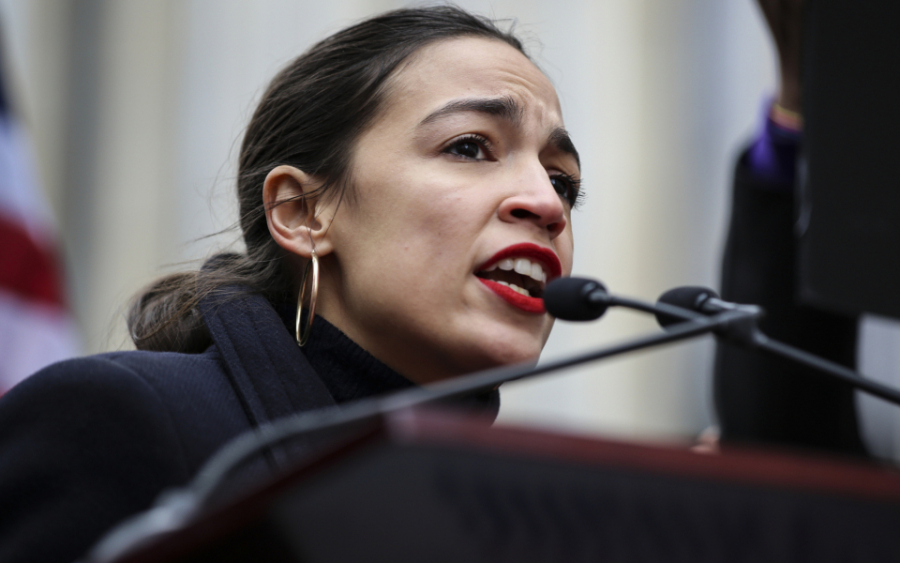This past Thursday, Amazon

Should Amazon ever arrive in Long Island City, Queens, it will inevitably create a population demographic shift. Amazon's arrival was initially predicted to bring an estimated $27.5 billion in state and city revenue, at a revenue-to-incentive ratio of 9:1. The company also promised a number of other miscellaneous investments in the community (e.g. infrastructure, tech incubators, a public school, and new green spaces), totaling to approximately $2.5 billion in direct investments. Experts predicted that the process of gentrification would begin, owing to the company's capacity to attract a young, highly educated crowd of millennial employees. Gentrification will have far-reaching consequences on the city's identity -- and knowing this, many state and local politicians pushed back fiercely against Amazon's presence.
Facing a harsh reception, Amazon pulled back and reconsidered, then withdrew entirely. Its last-minute decision was based largely on its desire to preserve its image in a city where it has become increasingly demonized. One prominent ringleader among city activists is Democrat and Representative Alexandria Ocasio-Cortez, who holds great influence in progressive circles. (Additionally, Ocasio-Cortez's 2018 election victory had been won in the district encompassing Long Island City.) Her political rise in recent months has galvanized left-wing New York progressives, who mobilized against Amazon. It is not a coincidence that Democrats are currently in control of the New York State Senate.

In spite of their seemingly community-based political agenda, the progressives have brought great disappointment to many locals of the region. Many had been looking forward to increased job opportunities. (In September 2017, reports that Amazon was promising 50,000 high-paying jobs and billions of dollars in community investment were well-publicized.) The governor and mayor now criticize the progressives, blaming them for narrow-mindedness and political selfishness. All critics of the progressives zone in on their willingness to promote their own political cause at the expense of lost job opportunities and a heightened economic outcome for the city at large.
Amazon's previous negotiations in Seattle were also marked by what New York union leaders have called childish tendencies. Last year, Amazon decided to split its corporate headquarters in half, between Seattle and New York, because it no longer felt Seattle could provide what it needed. Prior to Seattle and Amazon's break-up of sorts, the Seattle City Council had raised the possibility of taxing all large employers in the area to help pay for affordable housing and homeless services. Amazon patently refused, and threatened to recede its expansion. Ultimately, Amazon won and Seattle completely eliminated the employer tax it had hoped to introduce. Amazon remains one of Seattle's dominant employers.
With the current (and perhaps momentary) loss of the New York arena, Amazon has altered its plans. (Conversations between Amazon senior officials and the mayor and governor of New York City, Amazon officials have noted that New York City remains on the company's list of priority city candidates for expansion.) Amazon will continue to grow tech hubs across North America in cities like Boston, Austin, and Vancouver. It will also branch into Pittsburgh and Detroit, as well as Arlington and Nashville. In doing so, it has sacrificed the notion of having a "centralized corporate campus" in favor of greater flexibility and the ability to pursue agendas set by itself and not the officials of the cities in which it hopes to do business.














